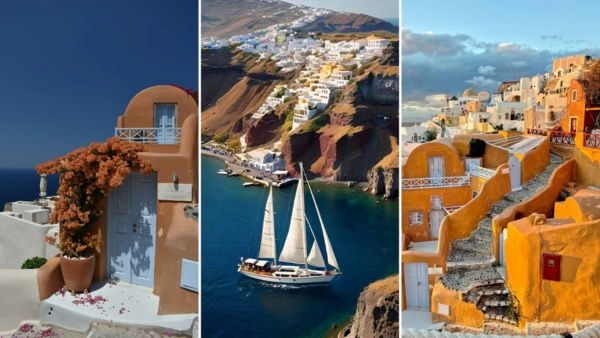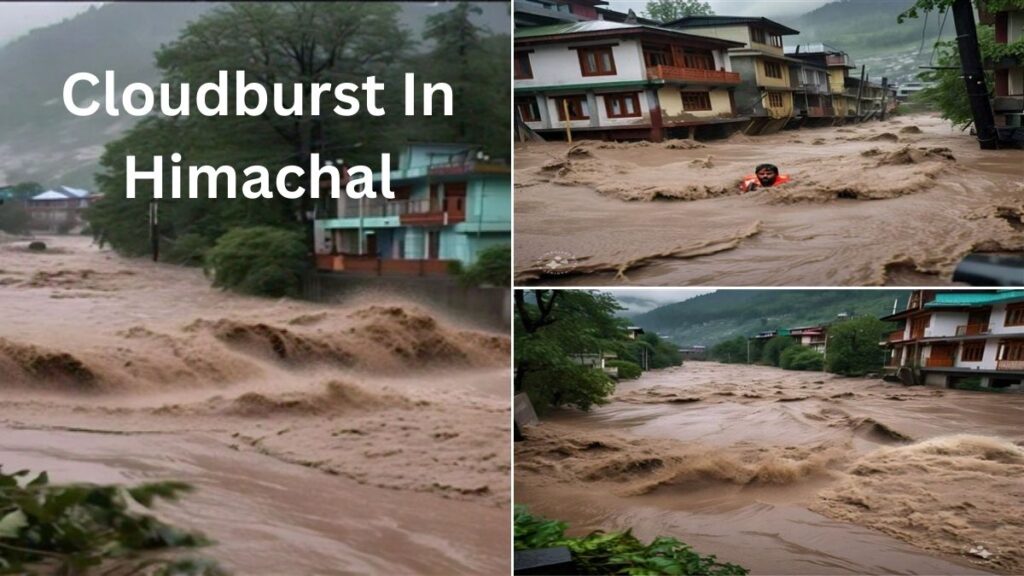Santorini, a beautiful island in Greece, is famous for its stunning sunsets, charming white-washed buildings, and breathtaking views. It’s one of the most popular tourist destinations in the world, attracting millions of visitors each year. However, this popularity is now becoming a problem. The island is facing significant overcrowding, and locals are starting to say “no thanks” to the overwhelming number of tourists.

The Problem of Overcrowding
The surge in visitors to Santorini has led to various issues. The narrow streets are often packed with tourists, making it difficult for locals to go about their daily lives. The infrastructure of the island, including transportation and waste management, is struggling to cope with the sheer number of people. This situation is not only uncomfortable for the residents but also poses environmental challenges, such as waste disposal and water shortages.
Local authorities and residents are now calling for immediate action to manage the influx of tourists. They are advocating for more sustainable tourism practices that balance the needs of the local community with those of the visitors. Measures being considered include limiting the number of tourists, especially during peak seasons, and promoting off-season travel to ease the pressure on the island’s resources.
Global Issue: Overtourism
Santorini is not alone in facing the challenges of overtourism. Many popular tourist destinations around the world are experiencing similar issues. For instance, Venice, Italy, is struggling with large cruise ships and daily visitors that far exceed the city’s capacity. The influx of tourists has led to concerns about the preservation of its historic buildings and the well-being of its residents.
Another example is Machu Picchu in Peru, where the government has implemented restrictions on the number of visitors to protect the ancient Incan ruins. Similarly, the island of Bali in Indonesia is facing environmental degradation due to the high volume of tourists, prompting calls for more sustainable tourism practices.
The Call for Responsible Tourism
As more destinations face the consequences of overtourism, there is a growing call for responsible tourism. This means being mindful of the impact that travel has on local communities and the environment. Tourists are encouraged to respect local cultures, follow guidelines for sustainable practices, and consider visiting less crowded destinations.
Santorini, like many other places, is a treasure that needs to be preserved. By embracing responsible tourism, both tourists and locals can help ensure that the island’s beauty and charm are maintained for future generations to enjoy.





